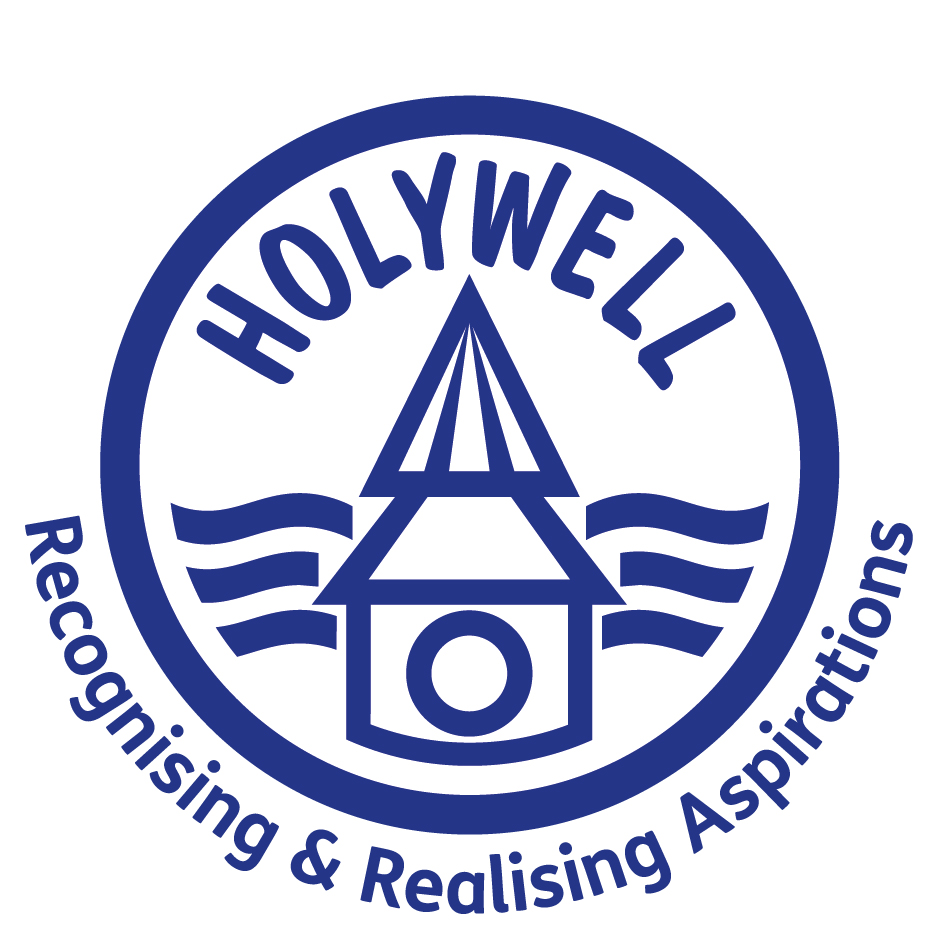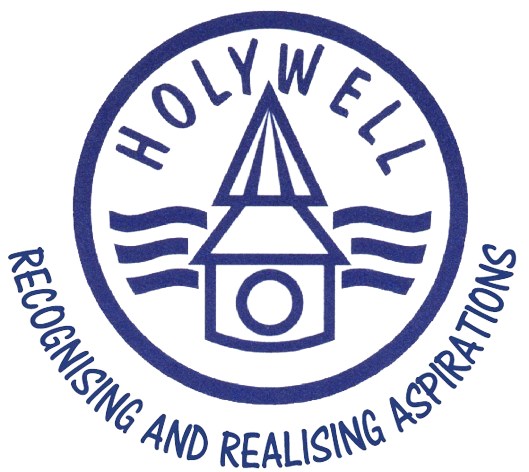History
“People without the knowledge of their past history, origin and culture is like a tree without roots.”
At Holywell, we encourage all pupils to develop a deep curiosity about the history of the world around them, how events and people have shaped the way we live our lives and how history will shape our future. History helps children to understand the process of change, the diversity of societies as well as understanding their own identity and the challenges of our time.
We have defined the key characteristics of History at Holywell as:
- An excellent knowledge and understanding of people, events, and contexts from a range of historical periods and of historical concepts and processes.
- The ability to think critically about history and communicate ideas very confidently in styles appropriate to a range of audiences.
- The ability to consistently support, evaluate and challenge their own and others’ views using detailed, appropriate and accurate historical evidence derived from a range of sources.
- A respect for historical evidence and the ability to make robust and critical use of it to support their explanations and judgments.
We have structured our History curriculum so it is coherent and sequenced to enable pupils to build knowledge over time. Our subject topics are built around themes to enable children to study more than one time period in chronological order, building knowledge through key knowledge categories and concepts:
- In EYFS our History starts by looking at children’s own personal history and some important events through stories. The children are introduced to chronology and basic timelines.
- In Key Stage 1 teaching through significant people and significant events provides opportunity for children to explore the impact and effect both during and after the period of history.
- In Key Stage 2 teaching through a chronological approach offers clear evidence of how things evolved through time. Our children are then able to develop a better understanding and make valuable connections of how such transitions took place and where things fit into our history.
This enables children to develop a greater depth of understanding of how the world around us has changed over time and to draw comparisons between different historical periods as opposed to viewing them as a discrete topic.
History allows our children to compare and contrast, to examine how and why things have changed, to learn about historical characters and expand their research skills. We teach children to be open minded and enquiring thinkers who understand cause and effect. We want them to understand how people have lived in the past and compare this to modern life. We encourage first hand experiences through handling real artefacts and wherever possible arranging field work visits to relevant sites of historical interest in the region or bringing in specialists for in-school workshops.
Aspirations for The Future
Pupils develop an understanding of how subjects and specific skills are linked to future jobs.
Here are some of the jobs pupils could aspire to do in the future as a Historian:
- Member of Parliament
- Curator
- Publicity Assistant
- Tour Guide
- Teacher

